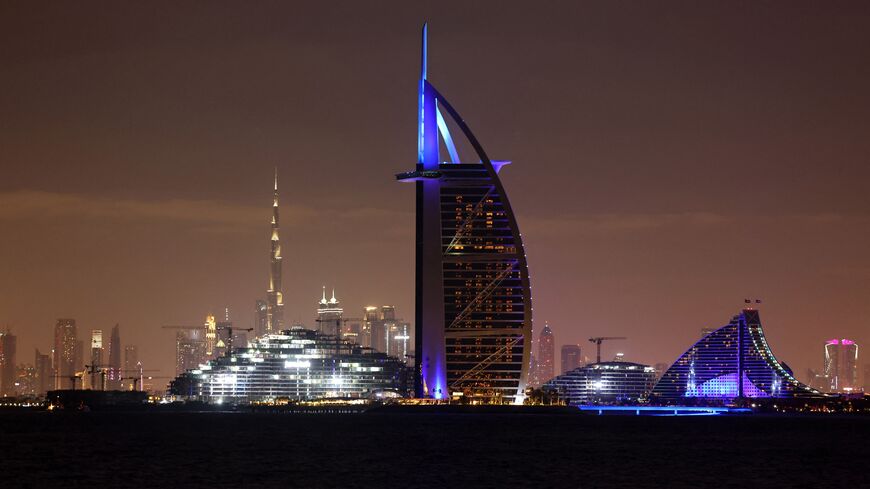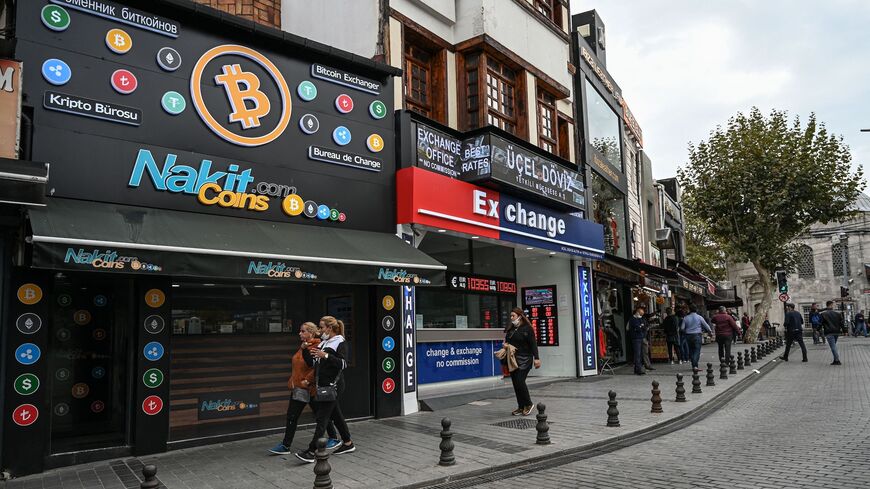Dubai, Tel Aviv most expensive for expats in MidEast as Tunis, Ankara rank least
Tunis, Algiers and Ankara have a relatively low cost of living for international workers, according to a survey by the consulting firm Mercer.

Dubai and Tel Aviv are among the most expensive cities in the world for expats, according to a survey released on Monday.
The US consulting firm Mercer released its annual rankings of cost-of-living data for international workers in 226 major cities, detailing the most and least expensive places for foreigners to live and work. The data is from March of 2023 to this past March.
Dubai is the most expensive city in the Middle East and 15th in the world for international workers, jumping three spots from last year to surpass Tel Aviv. Israel’s largest city fell eight spots to the second costliest in the region and 16th in the world.
Here is a breakdown of the Middle East and North Africa cities that are included in the report, listed from the most to the least expensive:
- Dubai, UAE at 15th
- Tel Aviv, Israel at 16th
- Abu Dhabi, UAE at 43rd
- Riyadh, Saudi Arabia at 90th
- Jeddah, Saudi Arabia at 97th
- Amman, Jordan at 108th
- Manama, Bahrain at 110th
- Kuwait City, Kuwait at 119th
- Doha, Qatar at 121st
- Muscat, Oman at 122nd
- Istanbul, Turkey at 130th
- Casablanca, Morocco at 153rd
- Cairo, Egypt at 168th
- Rabat, Morocco at 173rd
- Algiers, Algeria at 194th
- Ankara, Turkey at 208th
- Tunis, Tunisia at 210th
Mercer’s five most expensive cities were unchanged for last year, with Hong Kong, Singapore, Zurich, Geneva and Basel atop the list. New York City fell one spot to seventh, while London jumped nine spots to eight.
Why it matters: Mercer listed inflation and exchange-rate fluctuations, heightened economic and geopolitical volatility such as local conflicts, housing market and transportation costs as contributing to the cost of living in major cities.
Turkey has been particularly battered by inflation in recent years. Annual consumer inflation in Turkey surpassed 75% in May, despite significant interest rate hikes by the central bank in the past year.
Mercer noted that the price of olive oil increased 144.5% in Istanbul from March of last year until March 2024, while a cup of coffee went up 134.8%, gasoline 109.3% and a haircut 98.3% in the same time period.
The value of the Turkish lira has plummeted in recent years, falling from around seven to the dollar in late 2020 to more than 32 at present, according to market data. Expats being paid in dollars or euros, for example, shields them from the effects of depreciation that locals paid in lira experience.
In Egypt, inflation fell below 30% in May for the first time in January.
Know more: In May, Dubai was named one of the world’s richest cities and the wealthiest in the Middle East, with the number of millionaires surging by nearly 80% over the last decade. The number of individuals in Dubai with liquid investment wealth — or assets that can be readily converted to cash — of $1 million or more increased by 78% between 2013 and 2023 to 72,500, according to the World’s Wealthiest Cities Report 2024 from Henley & Partners, in collaboration with New World Wealth.
The Economist Intelligence Unit ranked Tel Aviv as the eighth most expensive city in the world in 2023, tied with Copenhagen.









